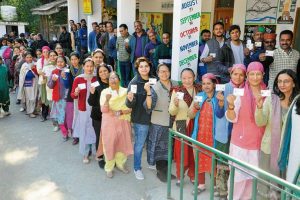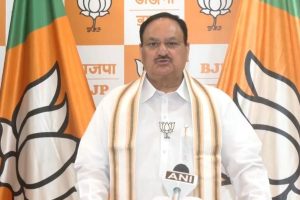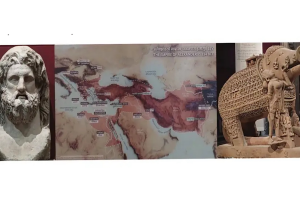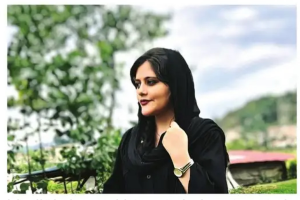On 24 February, Vladimir Putin’s Russia launched an all-out invasion of its neighbour, Ukraine. It altered global geopolitics overnight. This is the first time since 1945, the end of WWII, when war engulfed a part of Europe. Reactions from the world’s nations were swift as was the start of propaganda warfare by both fronts – Russia and the West. Arrays of economic sanctions have been put on Russia, its aircraft banned from western air spaces and assets of Russian oligarchs in the Western nations are now confiscated. Russia replied by banning its airspace to western air traffic, started trading its hydrocarbons in rubles and intensifying its attack across the eastern Ukraine front and capturing the key city of Severodonetsk.
Caught between these political crossfires of the West and Russia are Russian researchers and academicians. They have nothing to do with Putin’s war. Last year’s estimates indicate different meetings were organised between BRICS nations – Brazil, Russia, India, China, and South Africa – to further their collaborations in the fields of astronomy, climate, energy, health, and medicine. BRICS nations want to relax intellectual property rules to make Covid vaccines available to all and technology transferable. There were also plans to share data on biodiversity, climate, and food security to mutually achieve the targets of the UN Sustainable Development Goals (SDGs) by 2030.
Fifty per cent of research articles published by Russian academicians in 2021 were collaborations with institutes across EU, while around 20 per cent were with US-based organizations. Since the beginning of the Russia-Ukraine war, Ukrainian academicians have advocated for the denial of rights to publish research by Russian academicians in journals worldwide. Worldwide, journals need to comply with long-established publication ethics – they must not discriminate on the basis of national identity. This standard was adopted during the cold war to encourage Soviet bloc nations to make their research globally available in peerreviewed journals. During WW I, German publications were ostracized in the West. But this was soon withdrawn, recognizing the discrimination enshrined in such measures.
In view of Putin’s brutal war machine, Western collaborators began to sever their research ties with Russia. The former editor of British Medical Journal (BMJ), voiced concern regarding chances of journals taking drastic and ostracizing measures such as banning publication of Russian research. Recently, the Journal of Molecular Structure banned publishing Russian research. The editor in chief of the journal mentioned that the ban is only in place for Russian government-funded research and not by academicians of Russian origin. Similarly, in the journal ‘Physical Review C’, two out of ten editors on the board refused to allow any research of Russian origin to be reviewed by them.
Russian academicians actively publish in this journal particularly in the field of nuclear physics. Nearly 82,000 articles by Russians were published in 2018. In the previous decade, publications by Russians rose 10 per cent annually – second only to India amongst the large nations. The situation is even more bleak if citation data is considered. Now, many other academicians read, download, and use the published work in their own research. The process is called citations.
Russia is the last amongst the major nations in terms of citing their articles. The possibility of discriminating against Russian academicians by the world’s major research bodies is bad news for research communities globally. This will likely push Russia closer to China. China already has an active technological as well as research partnership with Russia. China can gain immensely from the technological insights of Russian academicians, particularly in the domains of nuclear physics, space research and ballistic technology. Politicization of research is a retrograde step with far reaching consequences that the world should avoid at all costs.
0











